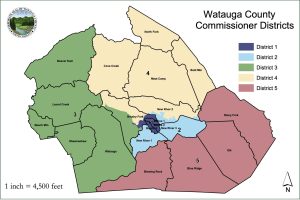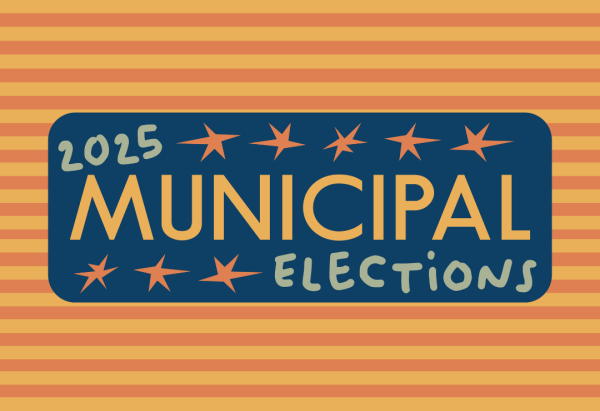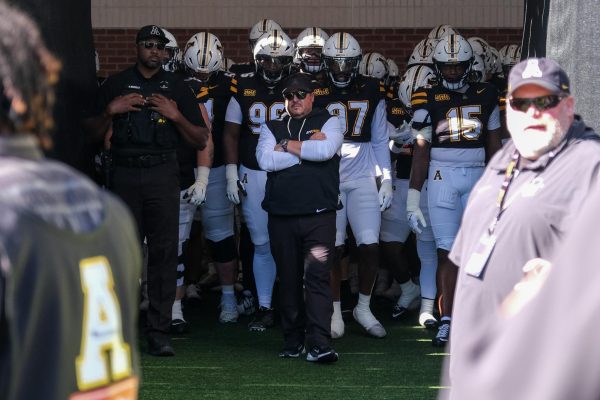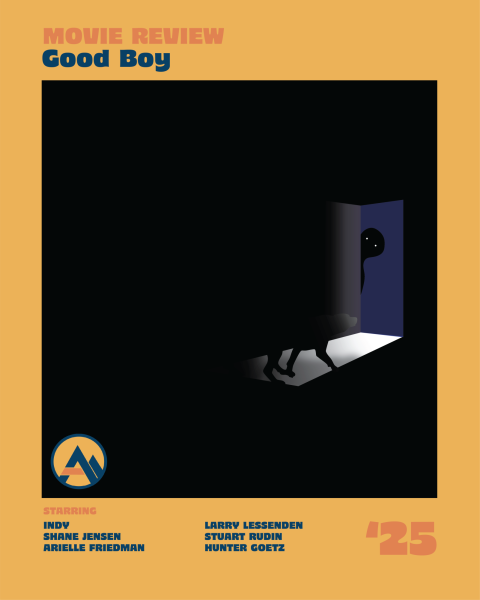AppCards, other photo IDs not needed in primaries after ruling
January 15, 2020
In a 60-page ruling, United States District Judge Loretta Biggs placed an injunction on North Carolina’s newest voter photo ID law passed in December 2018, writing that Senate Bill 824 could be “impermissibly motivated…by discriminatory intent.”
Announced in December, the injunction blocked the law from being enforced, meaning App State students are not required to show photo ID to vote in the March primaries. The ruling will not affect the addition of the 2018 Voter ID Amendment to the State Constitution, as it passed the ballot box with 55% of voters supporting the measure.
The case that created the foundation for the injunction, NAACP v. Cooper, claimed Senate Bill 824 violated the Constitution by making it harder for African American and Latino people to vote compared to white people. In the ruling, Biggs indicated the plaintiffs presented a good case; therefore, the injunction was placed until a trial or a higher court overrules it.
The fate of photo ID in the November general election is unknown, as State Attorney General Josh Stein (D) is expected to appeal the ruling after the primary.
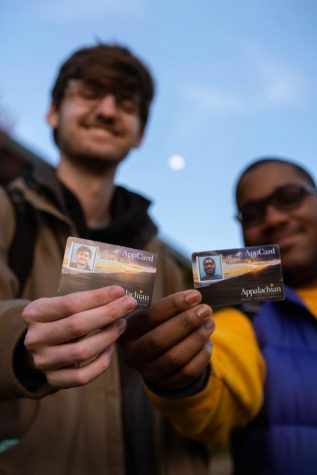
Senior Political Science major Jake Wallis (left) and senior Sustainable Development major Max Washington (right) said that being able to use their app cards as voter identification is, “a great stride toward progress.” AppCards will no longer be required for voter ID in the March primaries.
Critics of photo ID claim it disenfranchises thousands of voters, primarily low-income individuals and minorities, while supporters claim it secures elections from voter fraud.
“I was a little surprised,” Ray Russell said. “Voters want photo ID, but what ought to happen is the bringing of minority groups and all constituents together to make sure no one is disenfranchised that can vote.”
Russell is an App State professor and Democratic State Representative for District 93, which includes Watauga County.
Moving forward, Russell said he plans to ensure voting remains fair.
“A state can implement a voter ID plan that is not discriminatory,” Russell said.
The App State College Democrats’ executive board released a statement in favor of the Court’s decision saying the organization believes “North Carolina’s Voter ID law is discriminatory and meant to suppress the rights of minorities to vote.” The organization hopes the court goes further to defend the accessibility of voting.
Republican State Senator for District 45, Deanna Ballard, criticized Biggs’ ruling and defended the legislation. She said the voter ID bill was bipartisan and would “help secure” North Carolina elections.
“Unfortunately, the votes of millions of citizens have now been suppressed by one unelected judge,” Ballard said, referencing Biggs and the voter ID amendment. Biggs was appointed to her position by former President Barack Obama in 2014.
Governor Roy Cooper (D) originally vetoed the bill in 2018, which the Senate overrode with 33 senators in favor and 12 against.
Ballard said the legislation allowed local elections boards to provide free photo IDs to those who needed one.
“It is absurd to think that issuing free ID cards to any eligible voter could be discriminatory,” Ballard said.
Republicans in the General Assembly requested an emergency stay of the injunction Jan.10, an action Ballard supports. It is unknown whether a stay will be granted as of Jan. 13.
An emergency stay allows a short-term delay in a judicial proceeding by temporarily suspending the case or a specific proceeding within the case.
Ballard said she hopes the courts will “listen to the voice of the voters” as the case progresses.
This was not the first time a voter ID law was blocked from enactment, with attempts made in both 2011 and 2013. In 2011, the General Assembly attempted to implement a photo ID law, which ultimately died in the legislature after a veto.
In 2013, the General Assembly passed House Bill 589, another photo ID law, which was overturned by Fourth Circuit Court of Appeals Judge Diana Motz. Motz wrote in her ruling that Bill 589 was “the most restrictive voting law North Carolina has seen since the era of Jim Crow,” finding the General Assembly violated the 14th and 15th amendments while acting with discriminatory intent.
Director of the Watauga County Board of Elections, Matt Snyder said he advises students to update their mailing addresses and check their registration status before going to the polls.
“It will also be important to vote early this election,” Synder said. “And we encourage every registered voter to vote.”
In the event photo ID is mandatory in the Primary or General Elections, AppCards will qualify as an acceptable ID.




